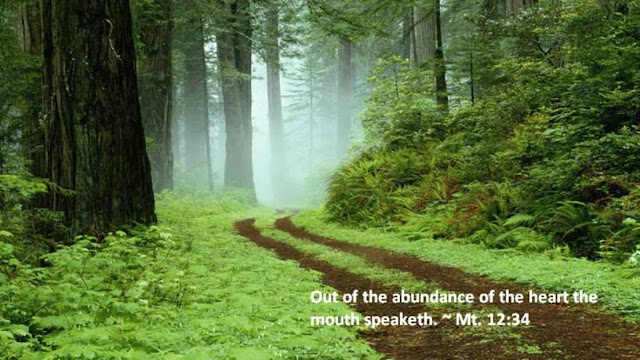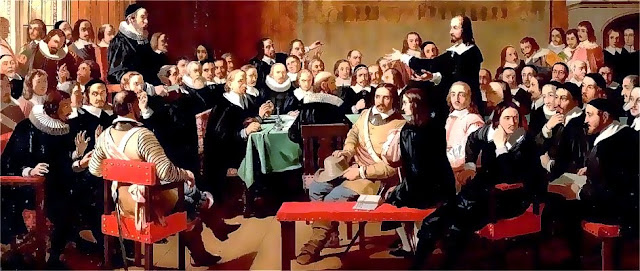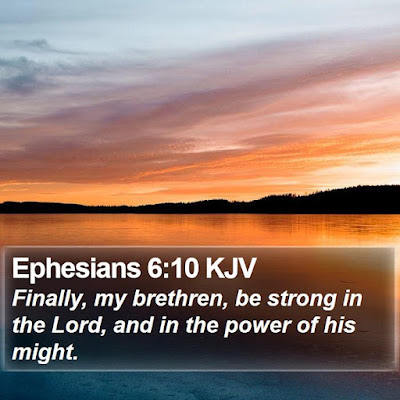Posts
Showing posts from July, 2023
Church History: William Carey and the Modern Missionary Movement
- Get link
- X
- Other Apps
Church History: John Newton and David Brainerd
- Get link
- X
- Other Apps
We Are Not to Make Images of the Godhead
- Get link
- X
- Other Apps
General Assembly Worship That is Presbyterian
- Get link
- X
- Other Apps
C.H. Spurgeon: Never Separated from God
- Get link
- X
- Other Apps













